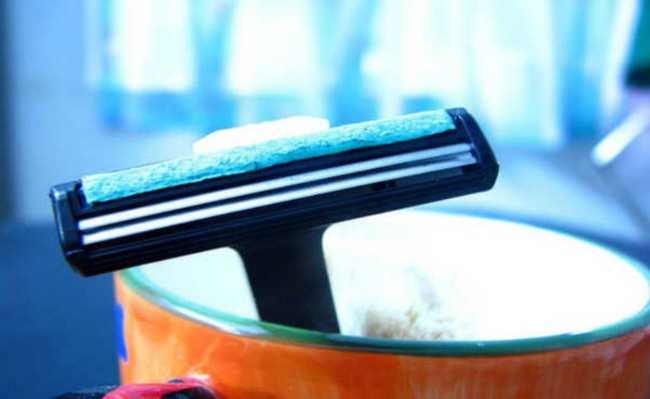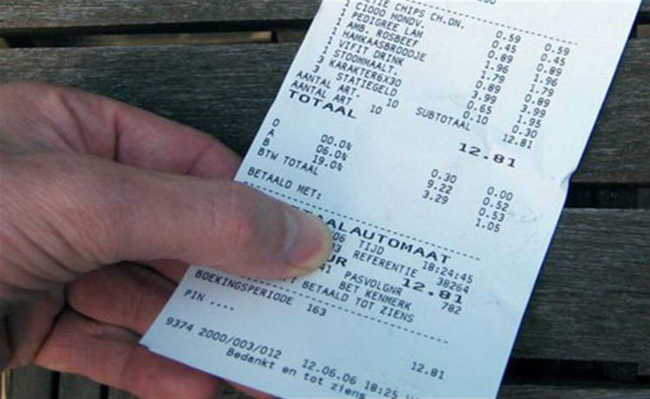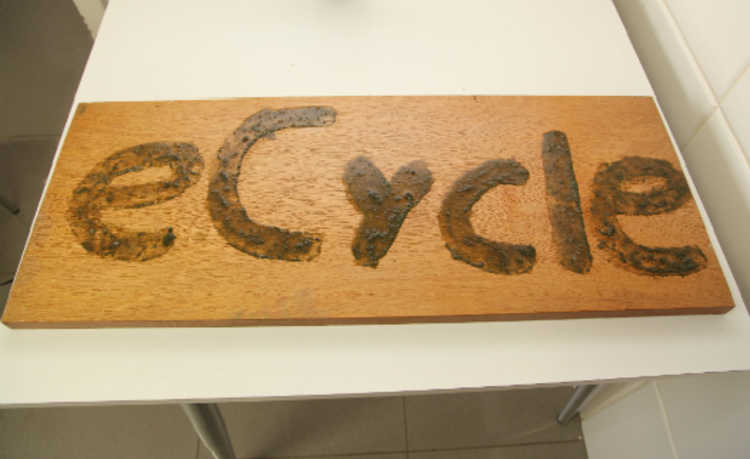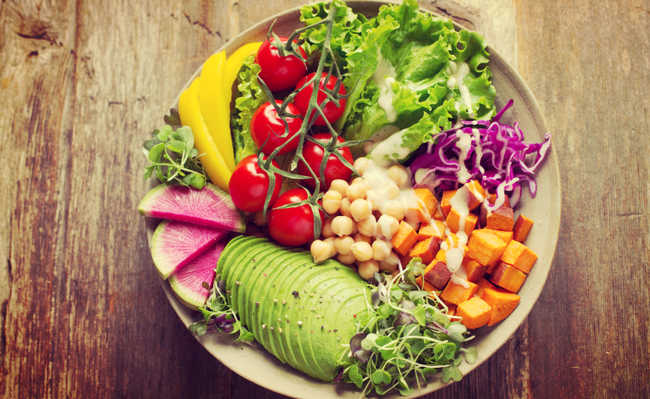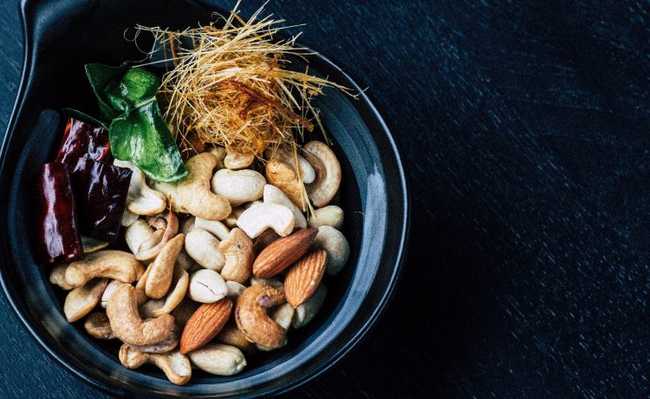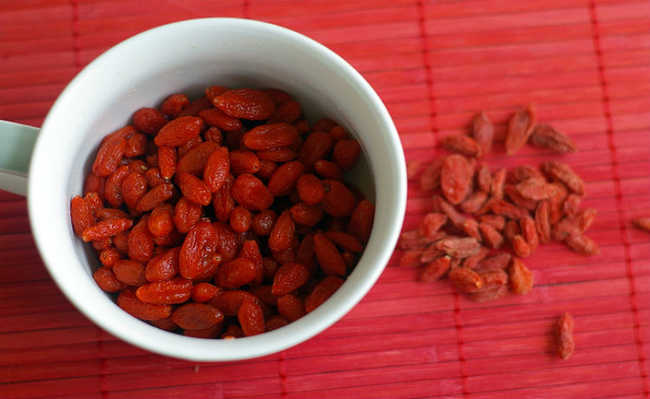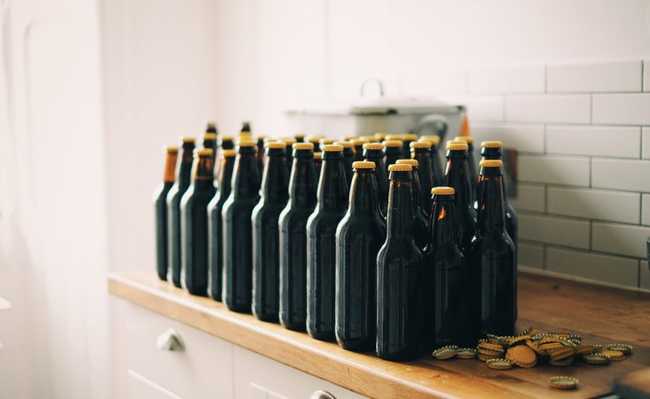Watermelon Seed: Benefits and How to Roast
The watermelon seed can be consumed raw, roasted or in flour format.

Edited and resized image by Aishath Hameeda, is available on Unsplash
The watermelon seed is usually the part that we remove from the watermelon or that we spit out when one escapes thorough screening. This is not just a habit, it is a consequence of not knowing the nutritional value of this part of the watermelon. Watermelon seed is low in calories, but rich in folate, magnesium, good fats and iron. And the best thing is that those who do not like to consume the fruit with the seed can separate the seeds to roast and consume as a savory appetizer, make a flour to add to breakfast meals or even prepare a tea made from seed. watermelon .
- Iron: importance and impacts of its extraction
Watermelon Seed Benefits
The benefits of watermelon seed are proportional to the amount of seeds ingested. As it is very small, a single seed does not bring great advantages, it is necessary to consume a larger quantity.
1. Calories
Five teaspoons of watermelon seed contains approximately 158 calories.
2. Magnesium
One of the many minerals found in watermelon seed is magnesium. It participates in protein synthesis, muscle and nerve function, blood glucose control and blood pressure regulation, being necessary for energy production and for the structural development of bones. In addition to contributing to the conduction of nerve impulses, heart rate control and muscle contraction. To better understand the importance of magnesium, take a look at the article: "Magnesium: what is it for?".
In a 4 gram serving of watermelon seed there is 21 mg of magnesium, equivalent to 5.25% of the recommended daily intake.
3. Iron
A handful of watermelon seed contains about 0.29 mg of iron, with the recommended daily intake amount being 18 mg of iron. Iron is an important component of hemoglobin. It carries oxygen in the blood and helps the body convert calories into energy.
- What are iron rich foods?
4. Folate
In a serving of watermelon seed, there is 0.05% of the Recommended Daily Intake of folate, also known as folic acid or vitamin B-9. This vitamin is important for the proper functioning of the brain and for controlling homocysteine levels. Women of childbearing age who want to have children need more folate than women of childbearing age who do not want to have children, as folate deficiency has been linked to certain birth defects of the neural tube.
5. good fats
Watermelon seed provides a good source of monounsaturated and polyunsaturated fatty acids - 0.3 and 1.1 grams, respectively. According to the American Heart Association, these fats are helpful in protecting against heart attacks and strokes and in lowering “bad” cholesterol levels in the blood.
How to Roast Watermelon Seed
Roasting watermelon seed is easy. Turn the oven on at a temperature of around 180ºC and place the seeds in a baking dish. Let it roast for ten minutes, stir the seeds and return to the fire to roast for another five minutes.
You can add more flavor to the watermelon seed by adding a little oil and salt, or by sprinkling cinnamon and a little sugar. It is still possible to add lemon juice and cayenne pepper.


